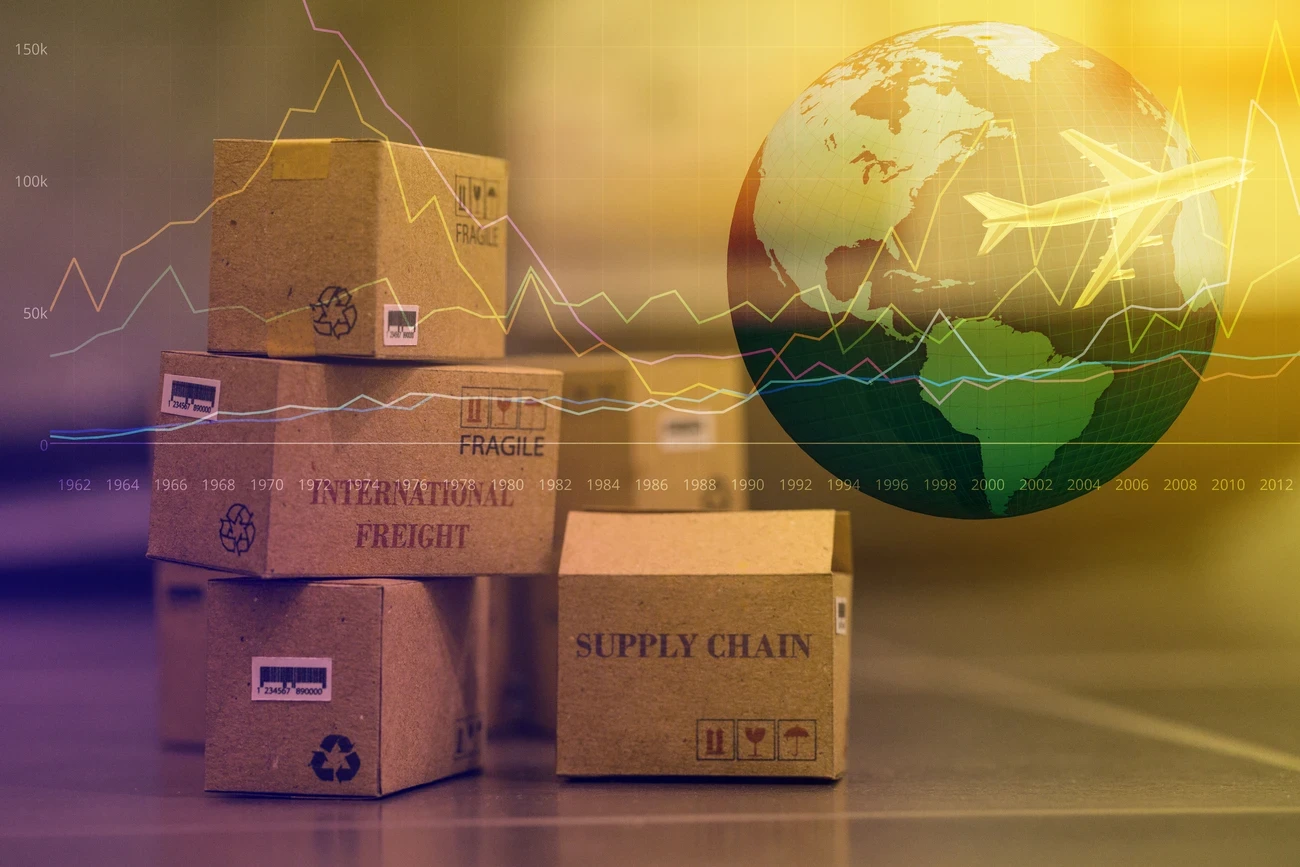Friday, 20 June 2025
Navigating Sustainability: Practical Compliance Support for Manufacturers

For manufacturers worldwide, sustainability is no longer optional; it’s a strategic and operational necessity.
Whether it's cutting emissions in production; creating more resilient and responsible supply chains; or unlocking the power of data and automation, the challenges are evident, but so are the opportunities. At Talan, we work with manufacturing companies to solve sustainability challenges through targeted, practical expertise. Our expertise ranges from decarbonisation and circularity support, to supply chain transformation, to digital and data enablement. We offer flexible services tailored to your specific needs.
Regulatory Pressure is Rising on Manufacturing Companies
Companies are facing unprecedented scrutiny from regulators, consumers, and investors. Key regulations are reshaping what responsible production looks like:
- CBAM (Carbon Border Adjustment Mechanism): Imposes carbon-linked taxes on imports to the EU from 2026, starting with sectors like steel, cement, and hydrogen, with others to follow.
- CSRD (Corporate Sustainability Reporting Directive): Expands mandatory ESG reporting from 2025, requiring companies to disclose their environmental and social impact with granularity.
- CSDDD (Corporate Sustainability Due Diligence Directive): Obligates large companies to monitor environmental and social risks across their entire value chain starting in 2027.
But compliance is just one side of the coin. The business case for sustainability is increasingly compelling:
- Climate-related disasters have inflicted over $3.6 trillion in damage since 2000
- For unprepared businesses, individual physical risks alone could put 5% to 25% of their 2050 EBITDA at risk[1]
- A study by ADEME showed that reducing industrial waste led to cost savings of €1.5 million per year across 50 companies[2]
- Renewable energy, efficient resource use, and circular business models are proving profitable over time
Sustainability is now a key lever of risk mitigation, cost reduction, and innovation.
Three Core Areas of Our Compliance Support
To address sustainability challenges across the product lifecycle, from sourcing to end-of-life, we support organisations across three interconnected dimensions:
1. Decarbonisation & Circularity Advisory
Reducing greenhouse gas emissions and improving material efficiency must become core strategic goals. Solutions include:
- Carbon footprint assessments for operations, products, and value chains
- Switching to low-carbon energy sources in production and logistics
- Designing for circularity by using recycled materials, extending product life, improving repairability, and developing closed-loop systems
These strategies not only lower emissions but also improve cost stability and resource availability in an increasingly volatile global market.>
2. Supply Chain Transformation
Supply chains are where many of the biggest sustainability wins and risks lie. A sustainable supply chain requires more than just eco-certification of suppliers. It demands:
- Geographic diversification to protect against climate-related disruptions
- Energy-efficient logistics through route optimisation, improved vehicle utilisation, and transitioning to electric or low-emission fleets
- Responsible sourcing that ensures ethical labour practices and material traceability
- Lifecycle planning, including end-of-life and reverse logistics
A sustainable supply chain is not a fixed destination. It is an ongoing journey to reduce environmental and social impact while enhancing flexibility and operational continuity.
3. Enhancement of Digital, AI & Data capabilities
Efficient sustainable operations rely on digitised integrated processes fuelled by actionable predictive insights and good quality internal and external data. Without this alignment, companies cannot properly track impact, identify inefficiencies, nor prove compliance.
The Digital, AI & Data levers include:
- Digital twins to monitor and simulate lifecycle emissions via advanced models
- 360° modern data platforms combining ESG data with the rest of the company data (e.g. IIoT
- Advanced reporting and visualisation capabilities (aligned with CSRD, CSDDD, and other global standards)
- Advanced AI modelling solutions to test scenarios of decarbonisation pathways, supply chain risks or to identify energy / waste optimisations
- Robust system integration downstream and upstream with the company ecosystem to ensure timely optimisation actions
- Clear Data Governance and Framework (i.e. data quality, master data management)
Digital, AI & Data solutions not only streamline operations; they unlock insight, speed, and control across increasingly complex value chains.
Whether you're rethinking how products are designed, made, transported, or monitored, building a sustainable and resilient enterprise requires informed, strategic action. With the right support, it’s not only possible but profitable.
Let’s Connect!
Talan is proud to sponsor the Sustainable Manufacturing Summit in Lisbon on 26–27 June. If you're attending, we’d love to connect to explore your challenges, share our insights, or simply exchange ideas on the future of sustainable manufacturing.





